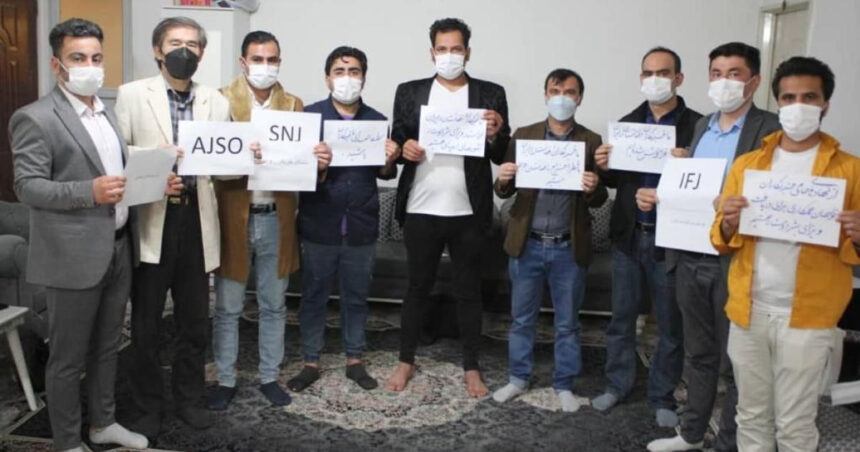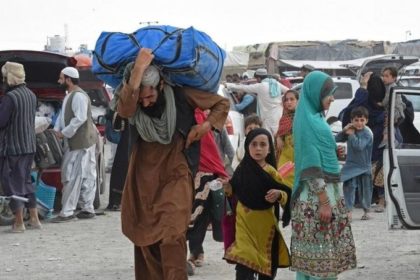RASC News Agency: Amid a surge in mass deportations and the growing repression of free expression, the Afghanistan Press Support Organization has issued a stark warning: the situation of exiled Afghanistani journalists in Iran and Pakistan has deteriorated to what it calls a “catastrophic” level. In a press release published Tuesday, July 22, the organization shed light on the grim realities faced by media professionals who fled the brutal Taliban regime, only to find themselves caught in an equally perilous limbo across Afghanistan’s borders. According to the statement, these journalists are being subjected to arbitrary arrests, relentless threats, forced deportations, and an alarming lack of access to basic services conditions that are stripping them of both dignity and security.
The organization’s findings, drawn from field reports and direct testimonies, paint a deeply troubling picture. Many journalists, who escaped Taliban censorship and persecution, now face renewed dangers in countries that once seemed to offer a fragile refuge. The political and security instability in both Pakistan and Iran has created a volatile environment in which journalists find themselves vulnerable, silenced, and stateless. One of the most pressing concerns is the Pakistani government’s decision to suspend visa extensions for Afghanistani refugees. This abrupt policy shift has left hundreds of media workers in an uncertain legal status, dramatically increasing their risk of arrest, detention, and deportation. Several journalists based in Pakistan told media that they are effectively imprisoned in their own homes, fearful that a random encounter with the police could result in their immediate expulsion or incarceration.
In Iran, the situation is no less dire. Journalists report facing constant surveillance, threats of deportation, and bureaucratic obstruction that prevents them from accessing healthcare, education, and employment. Their legal invisibility renders them voiceless and vulnerable to exploitation, even as they remain committed to the principles of press freedom and public truth. The Afghanistan Press Support Organization has urgently called upon the United Nations, the European Union, Reporters Without Borders, and other international human rights institutions to intervene. The group demands expedited processing of at-risk journalists’ asylum applications and immediate relocation efforts to safer countries. It also underscores the moral and legal obligation of the international community to protect those whose only “crime” was their commitment to journalism.
“Those who once gave voice to the voiceless now live in fear, silence, and abandonment,” the statement reads. “They are punished not for wrongdoing, but for daring to tell the truth.” This warning comes as forced repatriation of Afghanistani refugees from Pakistan and Iran continues unabated, pushing many journalists into the shadows. Their stories once tools of public awareness are now buried under the weight of displacement, neglect, and geopolitical indifference. From Kabul to Islamabad, from Herat to Tehran, a chilling silence has descended over what was once a vibrant, if fragile, press community. The Taliban’s destruction of press freedom within Afghanistan has extended beyond its borders, infecting regional policies and exposing a glaring failure of the global human rights regime to protect the very people who once held power to account.
The international community’s inaction in the face of this slow-motion humanitarian disaster raises urgent and uncomfortable questions: Who speaks for the journalists when their voices are silenced? And how long can the world afford to look away?






